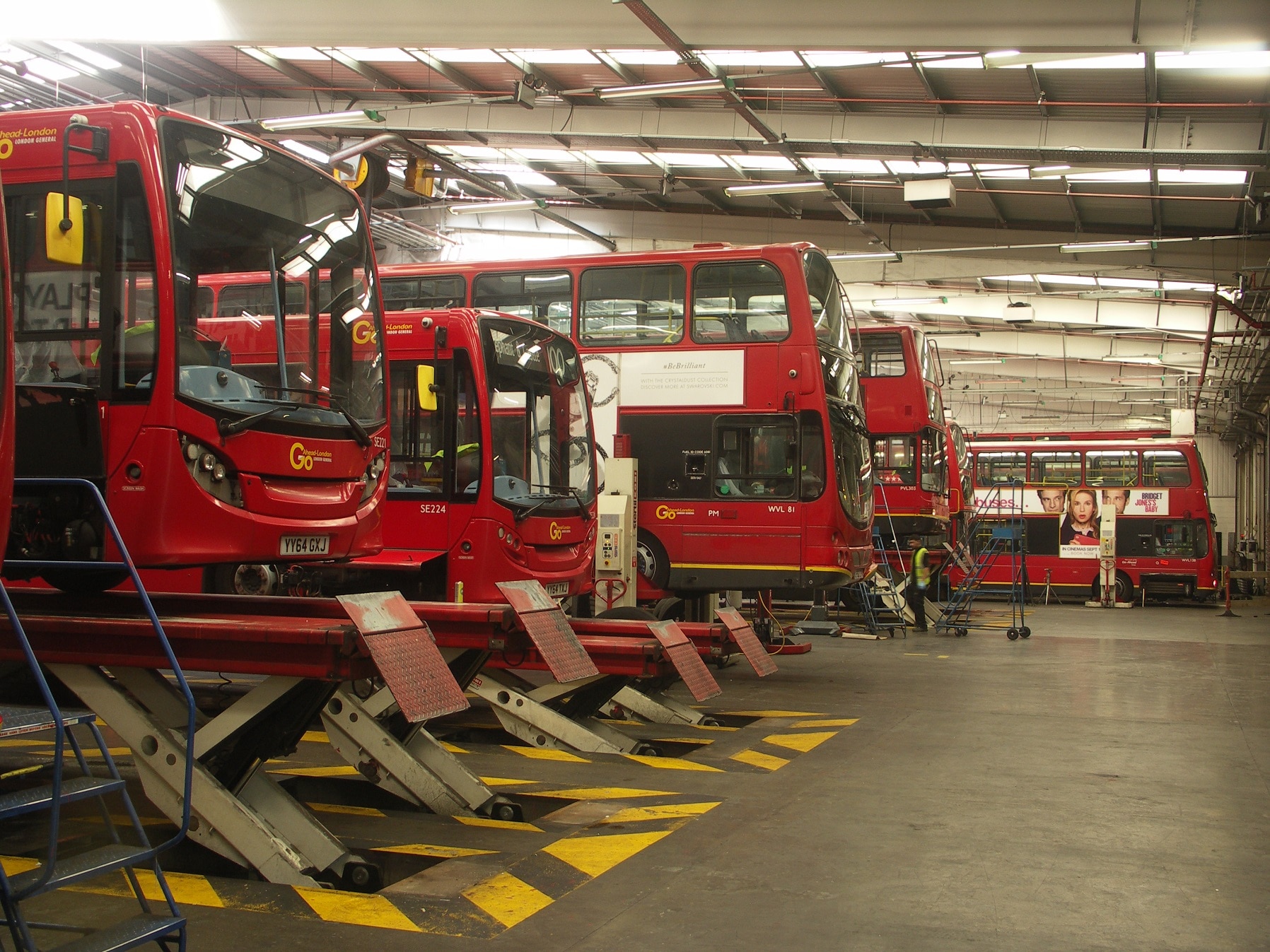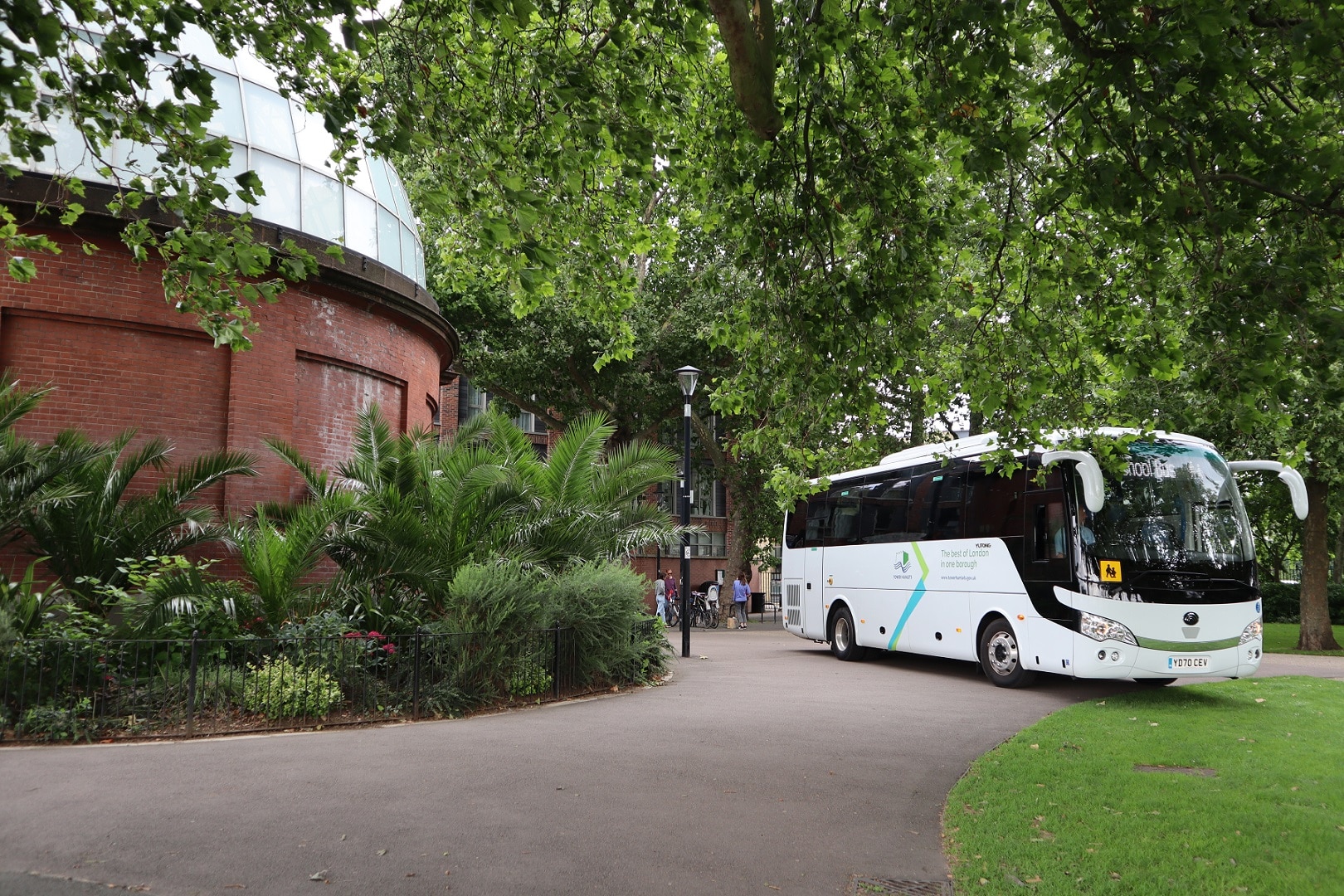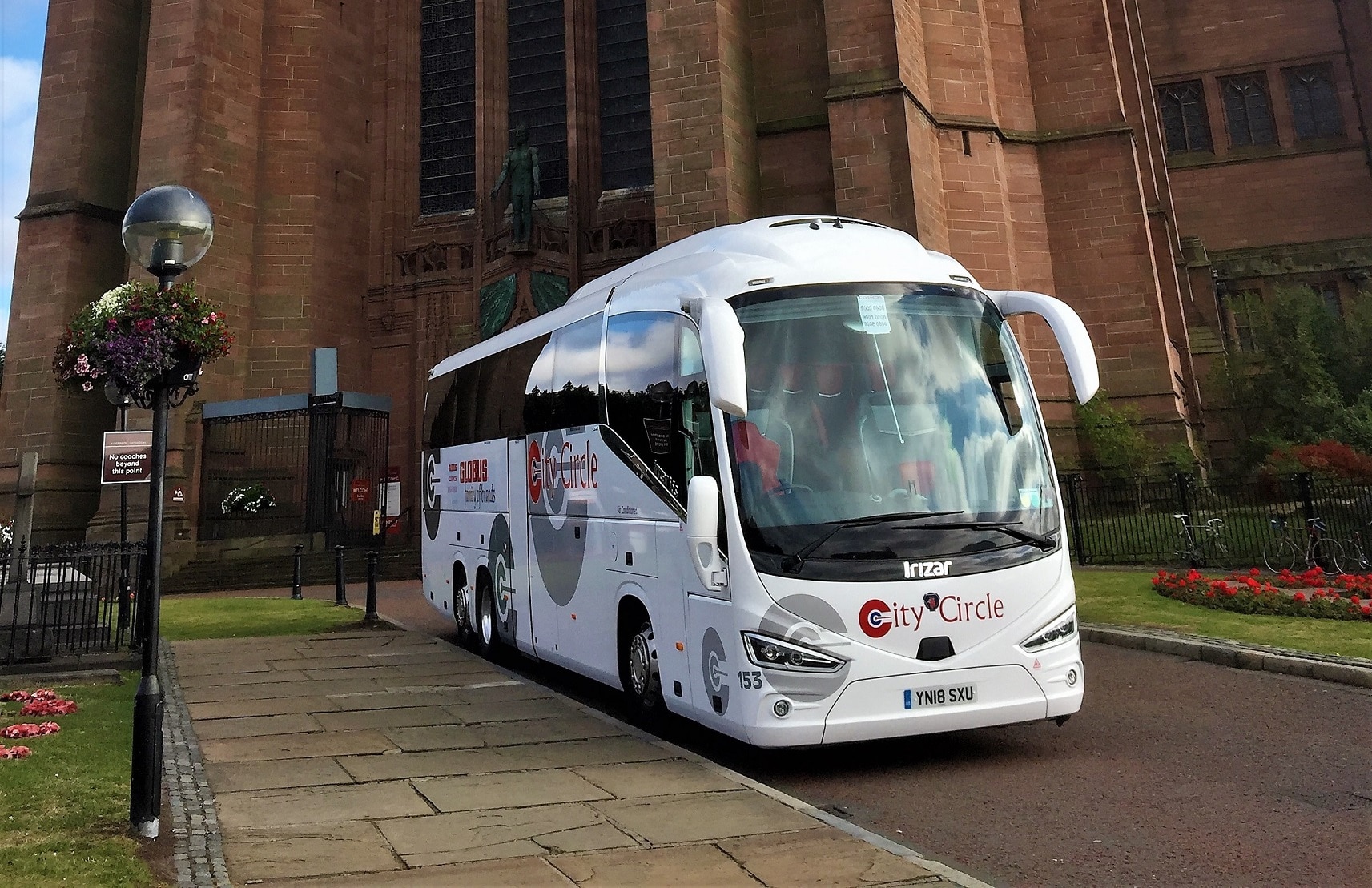I am writing this as somebody that entered the bus industry via a graduate training programme, and I have no regrets. However, if I was to start again now, I would certainly choose to come via a technical apprenticeship.
I finished school in the late-90s, and my experience then was that apprenticeships didn’t even feature as an option. It seemed that the only avenue was to go to university. Thankfully, I think that culture has now changed.
Need never greater for bus industry apprenticeships
We do not need to spend any time reviewing the necessity for bringing highly trained bus engineers into the industry. That need has never been greater, partly because of the shortage of engineers and partly because the technical complexity of what we do continues to increase.
Over recent times, we expanded the breadth of training that we deliver to our apprentices to match the technical advancements we see in our fleet. Many of these advancements are driven by the demand on our buses to have minimal impact on local air quality. More time was devoted to enabling our apprentices to learn how to diagnose faults in increasingly complex systems and over a wider range of vehicles.
In response to this, we recognised that to deliver the amount of training and experience that the apprentice needs to thrive in their career, and to deliver to the business what is required, four years was needed rather than the more recent three.
Bright futures ahead for Go-Ahead London’s graduates
The diversity of applicants that we see certainly indicates that our technical apprenticeship is now perceived in the high regard that it deserves. We have engineering graduates come to us for an apprenticeship, more mature applicants, highly motivated school leavers and many existing employees and associates that are keen for their family members to be accepted into our apprenticeship scheme.
It is great that IRTE includes apprentice teams in the Skills Challenge. All those apprentice teams perform well, present themselves professionally and certainly have bright futures ahead of them.
The way that the technical apprenticeship qualification is assessed is different now, too. That change has proved to be quite a challenge for some. There are multiple forms of assessment at the end of the apprenticeship scheme that draw upon knowledge that has been gained from the whole course, rather than the previous method of subject-specific modules.
Despite initial concerns, it seems to be very effective at forcing apprentices to prepare well for their assessments. That’s OK by me; it should be hard!
We’re proud of our apprentices’ success, too
Graduating apprentices are rightly very proud of their achievements, as are we. They enter garages as fully qualified engineers and quickly demonstrate the value that they add. It is common now for me to hear that the best engineers in a garage are recent apprentices.
It is rewarding for all concerned to observe that the people doing well in our business are ex-apprentices, be that as technicians, technical support or management. Now is a very exciting time to be an engineer in our industry, and good ones are highly valued. The technical apprenticeship is the best way into an exceptionally rewarding career.



























